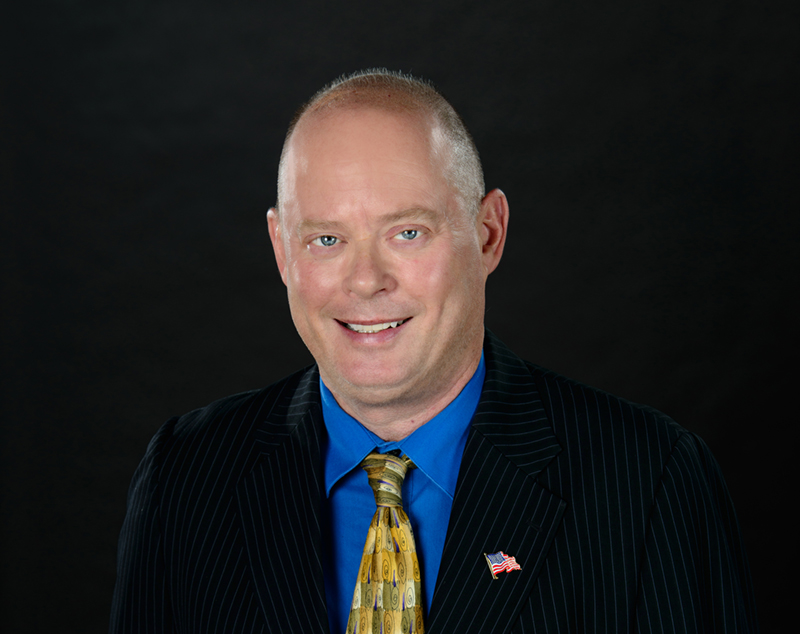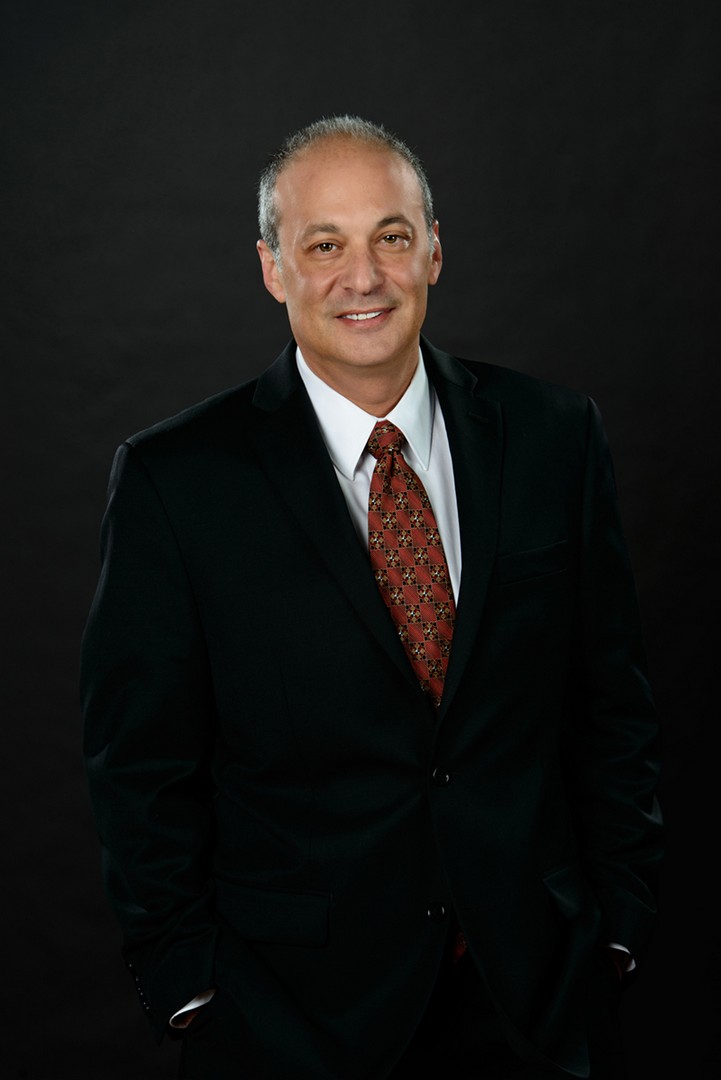I’ve read more than a few articles in recent years that have made me wonder about the future of golf, which is sometimes stereotyped as a game for stodgy old white guys. The story line is that the game is dying out because of changing demographics, such as kids playing video games instead of hitting golf balls.
Fueling that notion has been the array of golf courses that have closed and been turned into residential projects, such as Botaniko in Weston. Pretty much every day, I commute by the site of the former Oak Tree Golf Course in Oakland Park. PulteGroup has proposed putting 288 single-family homes and 117 townhomes on the property.
However, we have two articles in this issue that show how golf can continue to be vibrant.
One story is based on our “CEO Connect” event with Ken Kennerly, who is executive director of the Honda Classic, and president and CEO of K2 Sports Ventures. Even a nongolfer can appreciate what it he has done: The Honda Classic in 2017 boasted an increased attendance of more than 203,000 spectators, and more than $3.5 million in charitable contributions for a total of more than $16 million in charitable contributions since the tournament moved to PGA National. The beneficiaries are an array of children’s charities.
The Honda Classic is more than about golf. Kennerly, his team and sponsors have created a festive atmosphere that includes reasonable ticket prices to walk the whole course and watch some of the biggest names in golf play. There are literal fireworks.
The Honda Classic has an estimated $58 million economic impact. That’s probably understated given all the beauty shots of Palm Beach County during broadcasts of the tournament.
Kennerly credits Top Golf and Drive Shack with putting new energy into the sport. Newcomers can hang out with their friends for an hour or two and hit some balls while enjoying food and beverages. That addresses one of the knocks on the sport that it takes a long time to play 18 holes. Kennerly engages with youths in his “Inside the Ropes” concept during tournaments.
Our cover story is about John Crean, general manager and COO of the Broken Sound Club in Boca Raton. Crean has branded Broken Sound as an environmentally friendly club. He started with getting rid of Styrofoam cups and later installed a pioneering system that turns food waste and plant trimmings into mulch. Broken Sound also uses recycled water. The Old Course at Broken Sound is a bio reserve with one of the largest stands of maple trees in South Florida. When Crean read about the collapse of honeybees, he started installing bee hives and adding wild flowers. When he heard about the Zika virus, he added bat houses to cut down on mosquitoes. One of the photos I was sent shows a magnificent fox strolling across one of the greens.
Beyond golf, Crean’s approach is worthy of a Harvard Business Review piece on how to differentiate your business amid fierce competition. With plans for a $29 million clubhouse overhaul, the members of his club deserve credit for investing in its future success.
The bottom line is, golf is enjoyed by many business owners and C-suite executives. Crean and Kennerly deserve credit for fueling an industry that is a key cog of our region’s economy.






